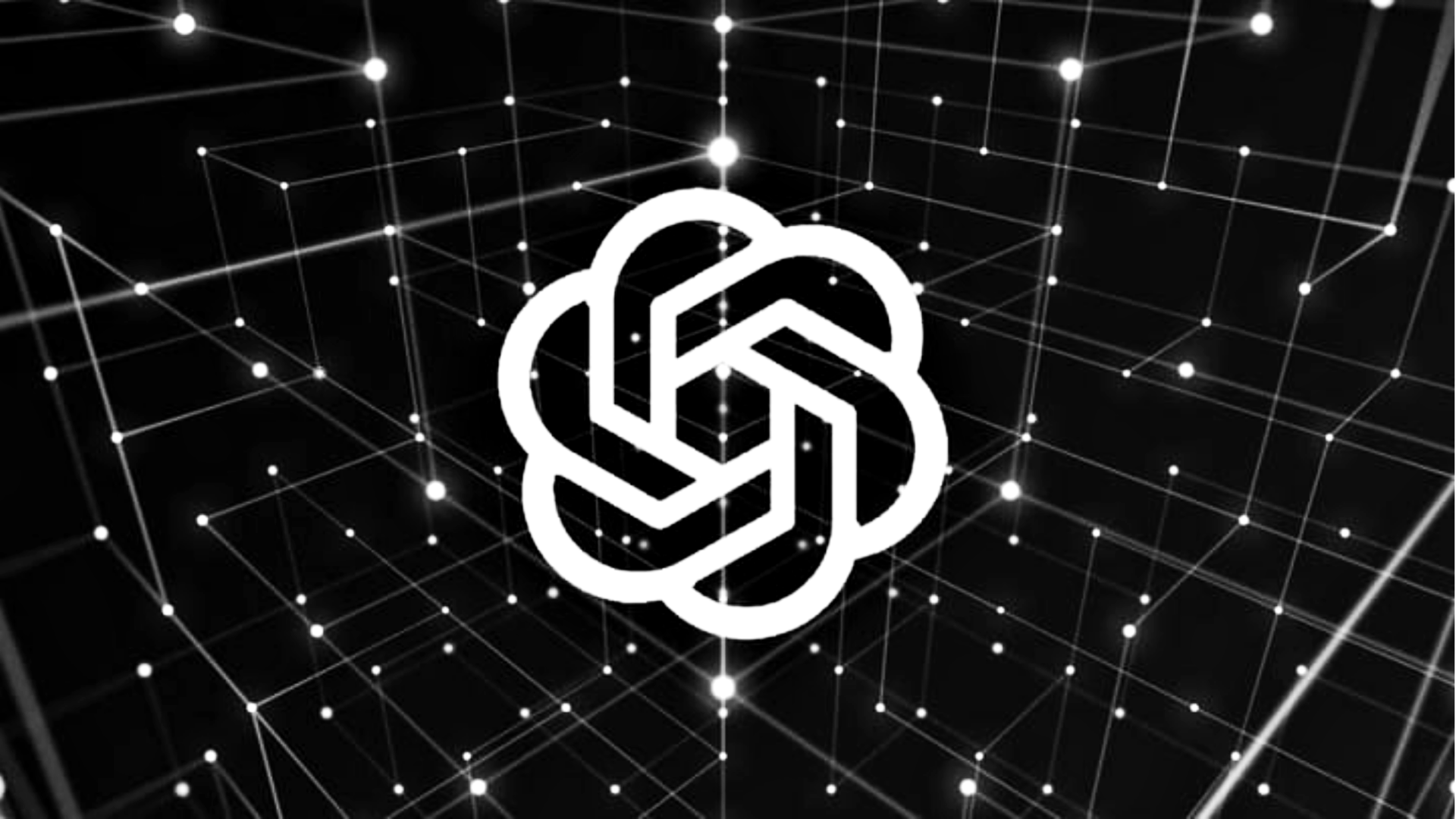
Why OpenAI's GPT-4 is believed to be a "game changer"
What's the story
OpenAI's ChatGPT took the artificial intelligence world by storm, with its conversational skills that were far beyond anything seen in the past. The popular chatbot interface was based on GPT-3 framework. Now, the AI research organization is gearing up for a new language model, GPT-4, which is reportedly more potent and capable than its predecessor GPT-3. Here's what we know so far.
Context
Why does this story matter?
Details
GPT-4 is a multimodal language model
OpenAI's upcoming language model, GPT-4, will be multimodal. It may operate in at least four modalities - images, sound (auditory), text, and video. To recall, GPT-3, which powered ChatGPT, only had the ability to interpret/generate texts. The upcoming generative AI may involve GPT-3's text generation capability with the abilities of Dall-E 2 - OpenAI's tool for creating realistic images/art from a natural language description.
More
It would aid in real-time translation
GPT-4 will revolutionize the artificial intelligence sector and it will be a "game changer" for the industry, believes Braun. In addition to being multimodal, GPT-4 appears to work across all languages. Applying its possibilities to ChatGPT, you will be able to make requests in Spanish and get the text generated in English. This innovation would greatly benefit the current translation tools.
Benefit
GPT-4 will produce computer codes more effectively
GPT-3-based ChatGPT generates output in the form of human languages and codes. Earlier this year, OpenAI was reportedly hiring skilled programmers/software developers, which led many to believe that the company's future products, including GPT-4, will be even better at generating codes. GPT-4 may result in a more powerful iteration of GPT-3-powered Microsoft's Github Copilot, enhancing the tool's capability to turn natural language into code.
Scenario
The language model will be presented next week
While GPT-4 will be introduced next week, could it be that the language model is already in use? Well, nothing has been formally announced. However, some have hypothesized that GPT-4 is already powering the newly-launched ChatGPT functionality within Microsoft's Bing search engine. Even though it's unexpected, the claim holds water given that Microsoft recently made itself the largest shareholder in OpenAI, investing $10 billion.